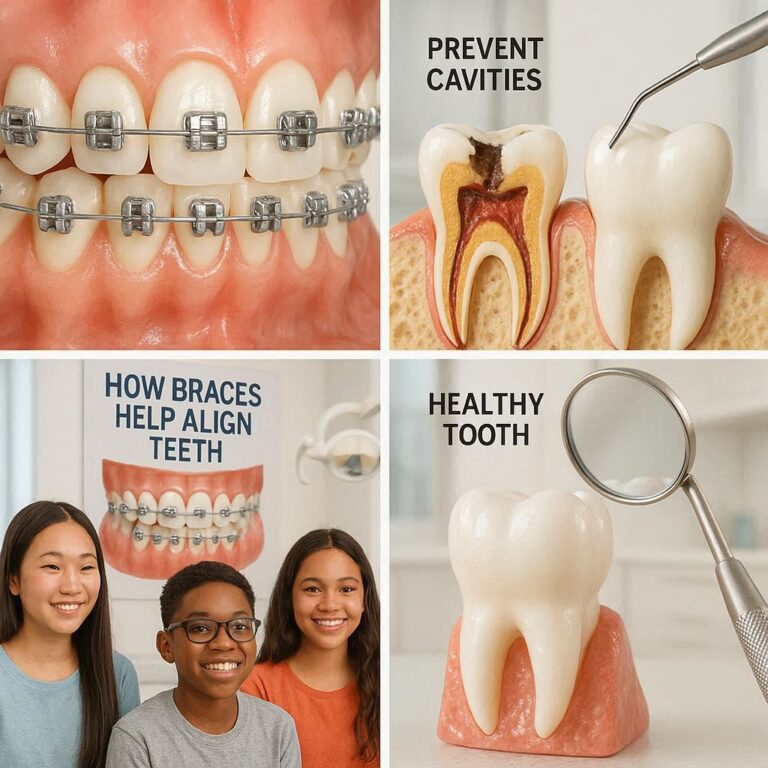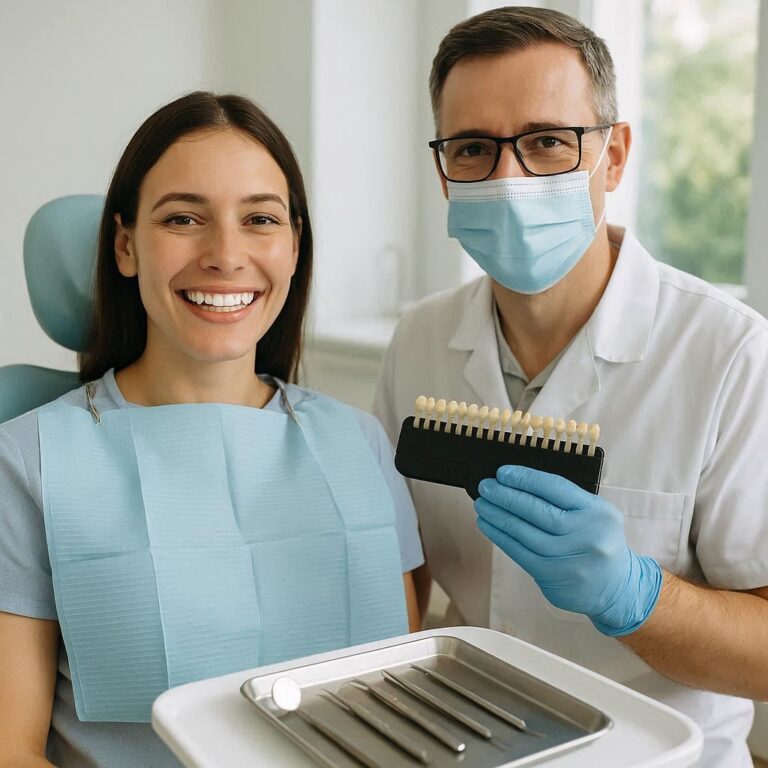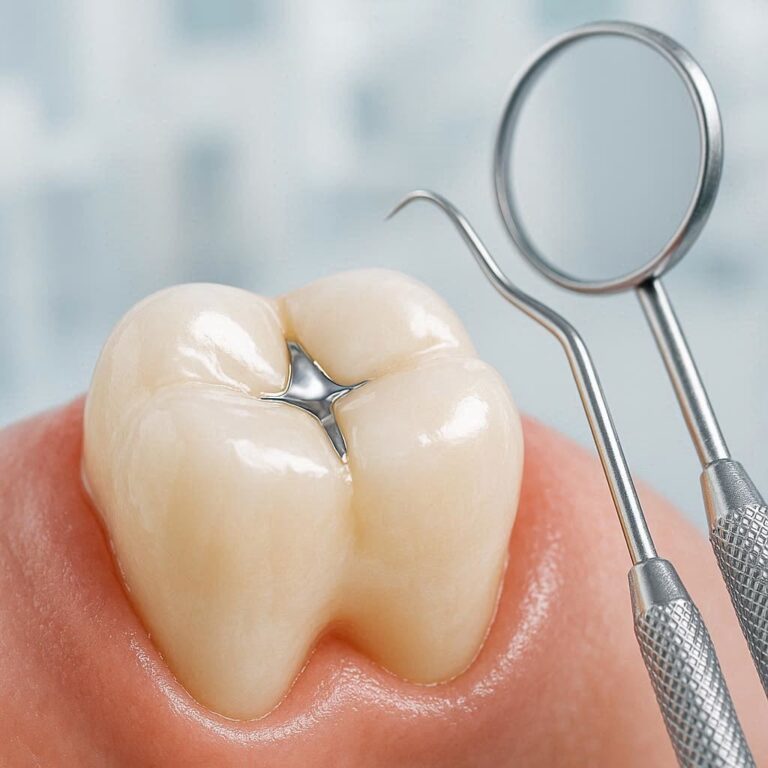Free Dental Care for the Homeless: A Comprehensive Guide to Accessible Oral Health Services
Homelessness is a growing crisis affecting millions worldwide, with individuals facing not only housing insecurity but also severe health disparities—particularly in oral health. Dental care is often overlooked, yet poor oral hygiene can lead to infections, chronic pain, and even life-threatening conditions. For homeless individuals, accessing dental services is a significant challenge due to financial constraints, lack of insurance, and limited availability of free clinics.
This article explores the critical need for free dental care for the homeless, the organizations and programs making a difference, and how communities can support these initiatives. By shedding light on this overlooked issue, we aim to advocate for better policies, increased funding, and greater public awareness.

2. The Importance of Dental Care for Homeless Individuals
Why Dental Health Matters
Poor oral health has far-reaching consequences:
-
Pain and Discomfort: Untreated cavities, gum disease, and abscesses cause severe pain, making daily survival even harder.
-
Nutritional Impact: Missing or damaged teeth limit food choices, leading to malnutrition.
-
Employment Barriers: Dental issues can affect speech and appearance, reducing job prospects.
-
Systemic Health Risks: Oral infections can lead to heart disease, diabetes complications, and respiratory infections.
Statistics on Homelessness and Oral Health
| Statistic | Data |
|---|---|
| Percentage of homeless with untreated tooth decay | 70% |
| Homeless individuals with gum disease | Over 50% |
| Those who have lost six or more teeth | 30% |
| (Sources: National Health Care for the Homeless Council, CDC) |
3. Barriers to Dental Care for the Homeless
Financial Constraints
Most homeless individuals cannot afford dental services, which are often excluded from Medicaid in many U.S. states.
Lack of Insurance
Even when Medicaid covers limited dental care, many homeless people lack the documentation required to enroll.
Transportation and Accessibility Issues
Dental clinics are often located far from shelters or encampments, making travel difficult.
Stigma and Distrust
Many homeless individuals avoid care due to past negative experiences with healthcare providers.
4. Organizations Providing Free Dental Care
Several nonprofits and charities offer free dental services:
-
Mission of Mercy – Mobile clinics providing free extractions, fillings, and cleanings.
-
Dental Lifeline Network – Connects vulnerable populations with volunteer dentists.
-
Homeless Not Toothless – Offers free dentures and restorative care.
(Include images of mobile clinics and volunteer dentists at work.)
5. Government Programs and Policies
Medicaid Dental Coverage by State
| State | Adult Dental Coverage | Emergency Only | No Coverage |
|---|---|---|---|
| California | Full | No | No |
| Texas | Emergency Only | Yes | No |
| New York | Limited | No | No |
The Role of Federally Qualified Health Centers (FQHCs)
FQHCs provide sliding-scale or free dental care, but many have long waitlists.
6. Mobile Dental Clinics and Outreach Programs
Mobile clinics bring care directly to shelters and streets, offering:
-
Emergency extractions
-
Cleanings and fluoride treatments
-
Referrals for advanced care
7. How to Find Free Dental Services Near You
-
211 Helpline – Connects callers to local free clinics.
-
Health Resources and Services Administration (HRSA) – Lists low-cost dental providers.
-
Local Dental Schools – Often provide discounted or free services.
8. Volunteering and Supporting Free Dental Initiatives
-
Donate to organizations like America’s ToothFairy.
-
Volunteer as a dentist, hygienist, or administrative helper.
-
Advocate for expanded Medicaid dental benefits.
9. Success Stories: Impact of Free Dental Care
Case Study: John, a homeless veteran, received free dentures through a nonprofit. He regained confidence, secured a job, and transitioned into housing.
10. Challenges and Future Directions
-
Funding shortages limit the reach of free clinics.
-
Policy gaps leave many states without Medicaid dental benefits.
-
Public awareness is needed to drive donations and volunteerism.
11. Conclusion
Free dental care for the homeless is a critical yet underfunded need. Nonprofits, government programs, and mobile clinics provide vital services, but more support is required. By volunteering, donating, or advocating, everyone can help improve oral health access for vulnerable populations.
12. FAQs
Q: How can homeless individuals find free dental clinics?
A: They can call 211, visit HRSA.gov, or ask at local shelters.
Q: Are there free dentures for the homeless?
A: Yes, organizations like Homeless Not Toothless provide free dentures.
Q: Can I volunteer if I’m not a dentist?
A: Yes! Many clinics need assistants, interpreters, and administrative help.


